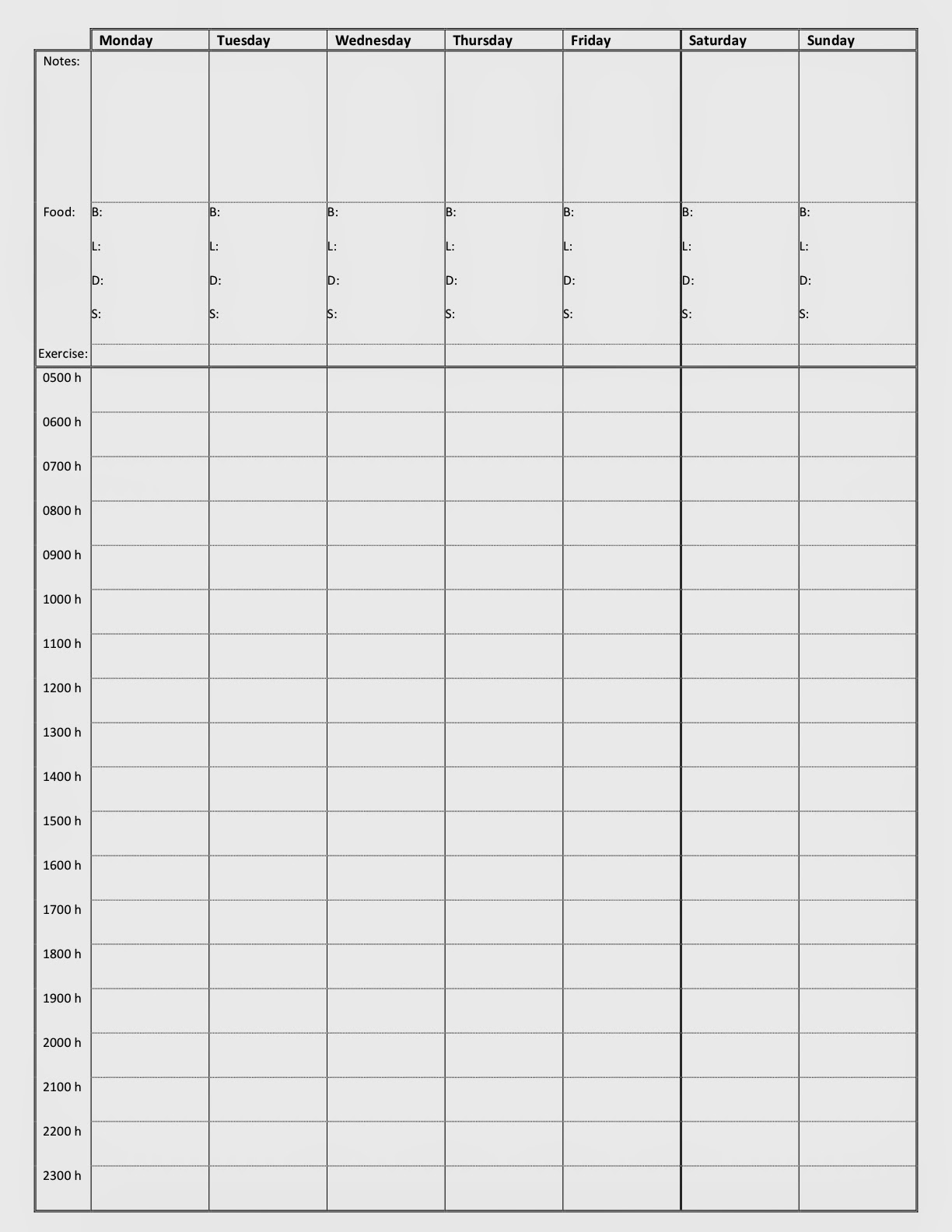I'll share the way I like to make a study schedule. Everyone has a different way of organizing their time, so this may not be yours' -- just try different things and do what works best for you!
STEP 1: Figure out what you need to learn
- Look at what your teacher said would be on the exam, the course outline/syllabus, your textbook's table of contents, etc. -- if it's not clear what exactly you need to learn, ask!
- Collect all relevant pages of notes, homework, quizzes, etc. and arrange them in chronological order. If you can't take the pages out (e.g. textbook) use sticky notes to mark out the section you need to study.
- On a piece of paper or a sticky note, make a list of the items you need to study -- be specific!

what you need to learn
STEP 2: Use a one-month calendar to make a rough very general study plan
- Print out a one-month calendar (e.g. Calendar program on Mac, timeanddate.com, or make your own by creating a table in Word).
- Start by writing your exam date(s) on the calendar.
- In a different colour block off any days or half-days that you will be busy (e.g. school, work, sports, social commitments). The remaining blank time is all the time that you have left to study.
- Look at the list you made in Step 1 and pencil each item on the list into a blank spot on the schedule. If you anticipate that something that will take longer (e.g. "make Ch. 4 notes"), pencil it in over several days.
- Don't be too specific here (e.g. don't break Ch. 4 down into "Ch. 4 pp. 81-90", "Ch. 4 pp. 91-100", etc.) -- save that for your daily schedule. The monthly schedule at this point is just to draft out roughly your "big picture" study plan.
 |
| use a Word table to create your own one-month calendar |
STEP 3: Use hourly schedules for specific time management, one day at a time
- Print out daily schedules that are broken up into hours. Here is one that I created, which has 7 days per sheet.
- Each evening, plan out the next day (use pencil!).
- On the hourly schedule block out the times you know you'll be busy the next day (e.g. school, etc.).
- Then go to your monthly calendar to see what you'd decided to focus on that day (e.g. make notes on Ch. 2) and allocate a specific time period on the hourly schedule to work on it (e.g. 9-11 am).
- Break things up! (e.g. from 9-11 am write "Ch. 2, pp. 14-25" and from 12-1 pm write "Ch. 2, pp. 26-31").
- Schedule everything! Including breaks, exercise, meals, etc.
- If something didn't fit in the previous day (inevitably it happens!) add it to the next day. If making notes yesterday took more/less time than expected, block off more/less time for it today.
- I find that setting specific blocks of time aside forces me to concentrate better during that time (e.g. I'll work hard between 7-9 pm with no distractions -- put away phone and computer -- to really get through this chapter, since I know that at 9 pm I'll be able to watch TV/go on the computer/etc.)
 |
| hourly study schedule |
STEP 4: Set study session goals
- Each time you sit down to study, take a sheet of paper, sticky note, or whiteboard and write the time that you'll commit to that study session (e.g. 7:30 - 9 pm).
- Then write several specific goals that you want to accomplish, in the order that you plan to do them (e.g. read p. 78, make notes on p. 78, do review questions #1-3).
- Cross out your goals as you accomplish them (so satisfying!).
 |
| study session goals on my "whiteboard" (plastic shoebox lid!) |
I hope some of this is helpful -- of course, you may not wish to do any of it since each person has their own way of organizing their studying that works best for them (these are just some suggestions of things that I find work for me). Good luck with your studying!
If you're interested, here are other posts I've written about how I study:On getting organized to study:
If you're interested, here are other posts I've written about how I study:On getting organized to study:
- How To Make A Study Schedule
- Printable Minimalist 2015 Monthly Calendars
- How I Organize My Student Agenda
- The Student Organizer Binder
On studying:
- Study Tips, Part 1: Making Study Notes (& a few pages of my medical school study notes)
- Study Tips, Part 2: Quizzing Yourself
- Study Tips, Part 3: Where To Study
- Study Tips, Part 4: Picture Mnemonics
- Study Tips, Part 5: When To Study
- Study Tips, Part 6: Abbreviating Powerpoints Or Textbooks Into Study Notes
- Study Tips, Part 7: Avoiding Distractions


Gonna try this so bad because I am terrified now, last semester I suspended biochemistry and was forced to repeat the whole semester, now I am scared to dead but I am gonna do better no matter what! Thank you so much for this tips! I am trusting them from the deepest of my heart >_<
ReplyDeleteGreat advice. I am trying to implement all your strategies. May God bless you for adding this valuable site to society.
ReplyDelete